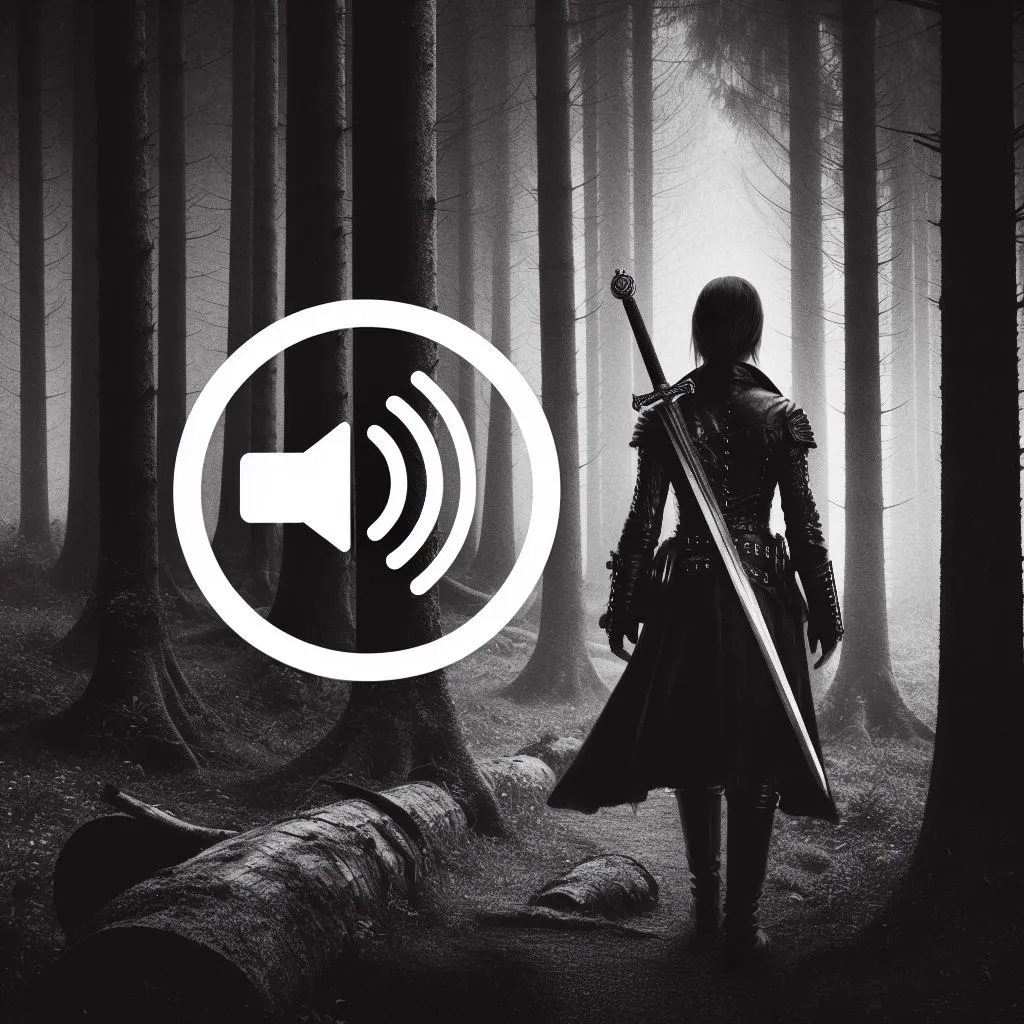Audio Dramatizations
I explore the differences between audio dramatizations and audiobooks after listening to "Impact Winter" by Travis Beacham.
Written by: Colin Bate

Recently, I finished “Impact Winter” by Travis Beacham, an audio dramatization, and it sparked my interest in discussing the differences between audiobooks and audio dramatizations. As I have started seeing audiobooks being re-released as dramatizations, it’s worth examining the nuances between the two.
For those unfamiliar, audio dramatizations are typically full cast productions with sound effects and background music. They require transforming books into audio plays and are unquestionably more expensive to produce than straight narrations. Audio dramatizations demand a more active ‘theater of the mind’, requiring listeners to visualize scenes using audio cues. I find this can be challenging when multitasking or moving around, unlike traditional audiobooks which are easier to digest “on the go”.
Another aspect where dramatizations fall short for me is their suitability to speed listening. I typically listen to audiobooks at 2.75x speed, a pace at which audio dramatizations become very difficult to follow. The rapid dialogue, sound effects, and music in dramatizations don’t scale up pleasingly compared to the straightforward vocals of audiobooks. I understand this is not a concern for most people who listen at more normal speeds.
Despite these personal preferences, I acknowledge the unique appeal of audio dramatizations. They can be a treat, akin to old-time radio shows, for those who have the time to immerse themselves fully. “Impact Winter” is a good story, especially for fans of post-apocalypse or urban fantasy genres. While I’m interested in its second season, I may hold off for a bit due to the reasons mentioned above. It is probably also worth noting that in this case the story was written directly as an audio play rather than being adapted from a full book.
In summary, while audio dramatizations can be a delightful experience, they require a specific listening environment, and are not a drop-in replacement for regular audiobooks.